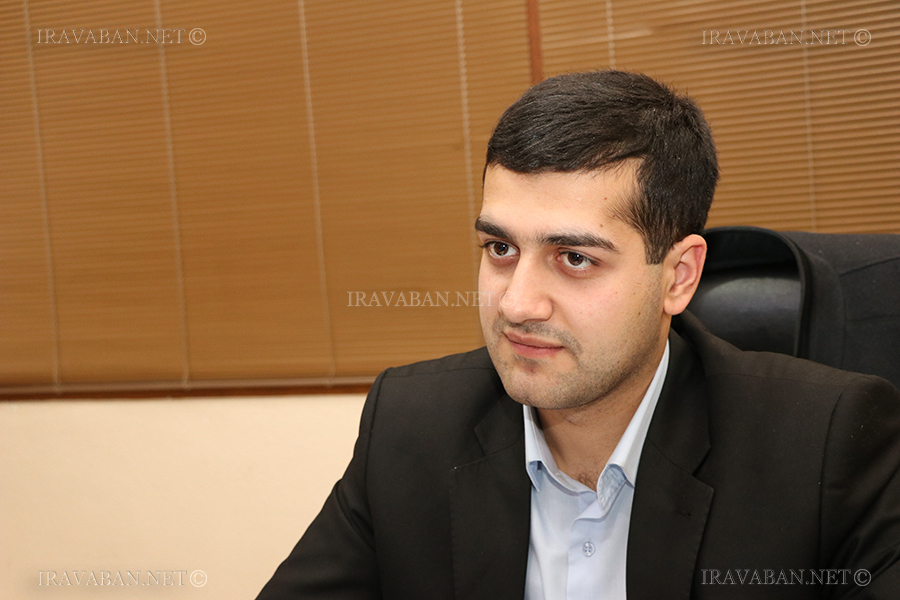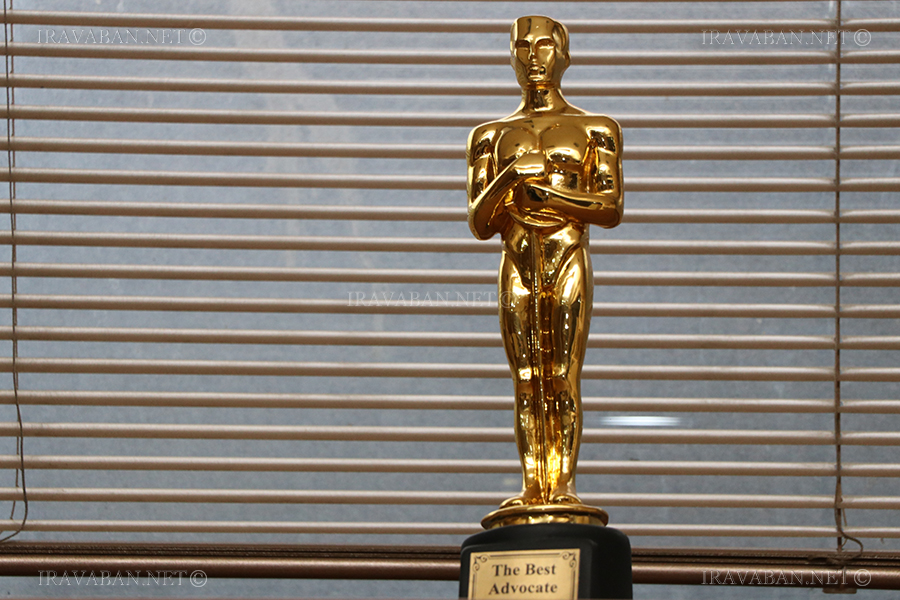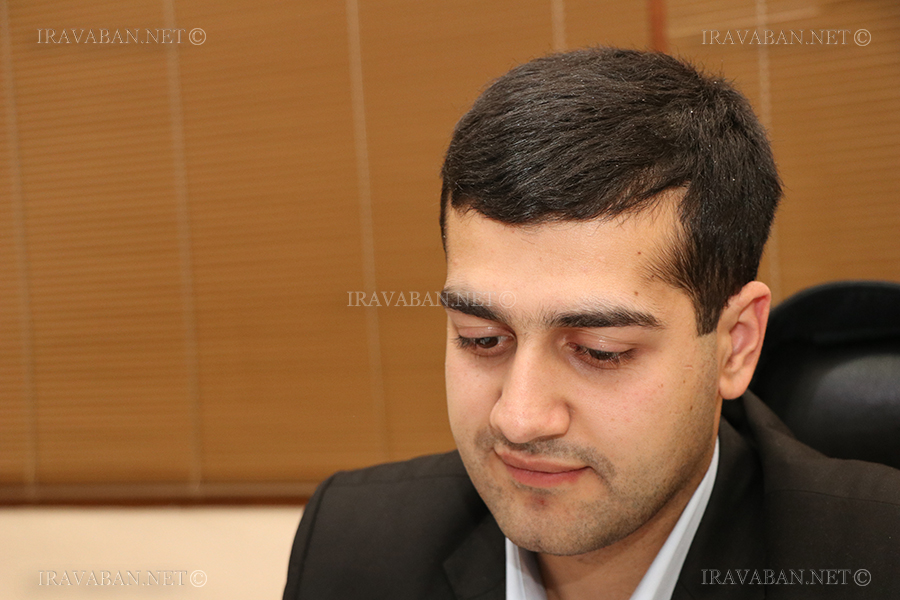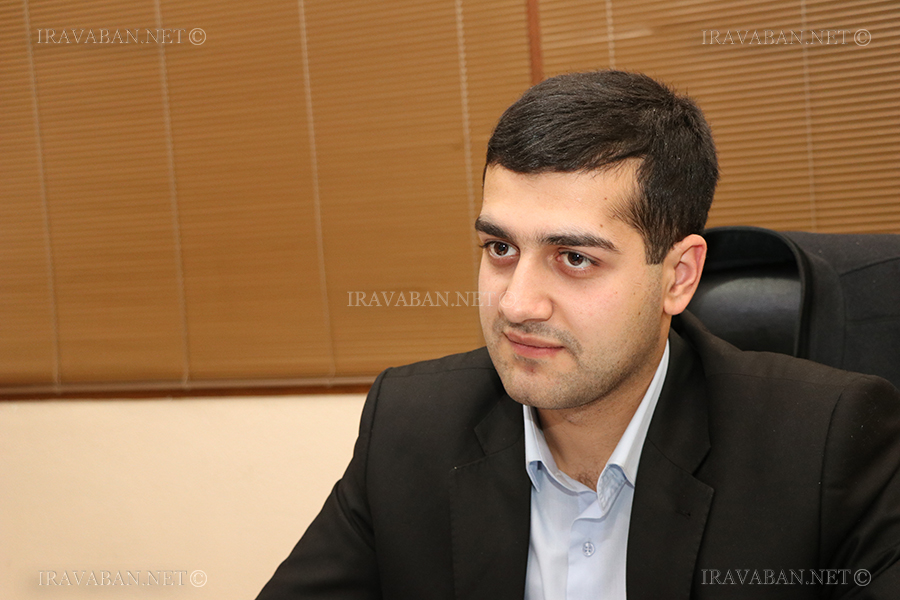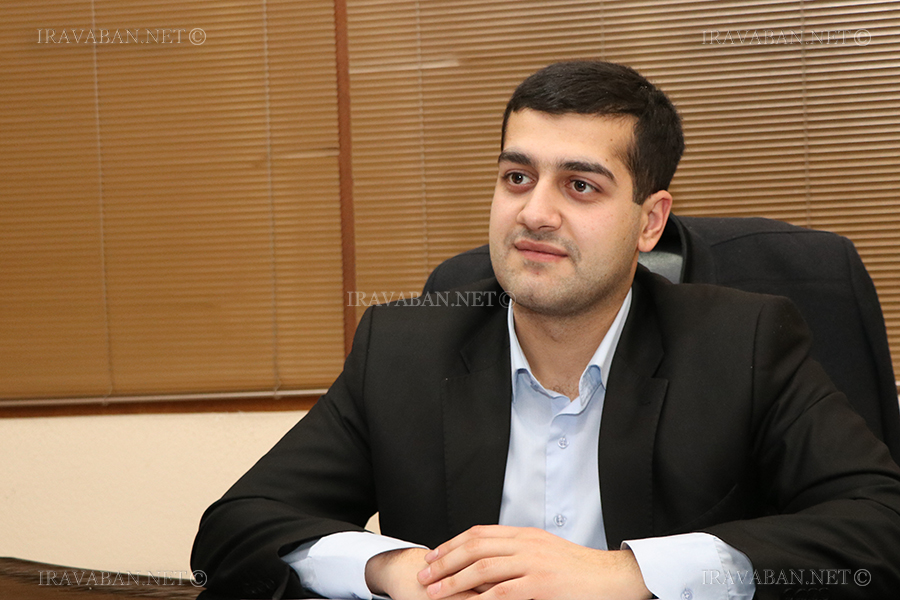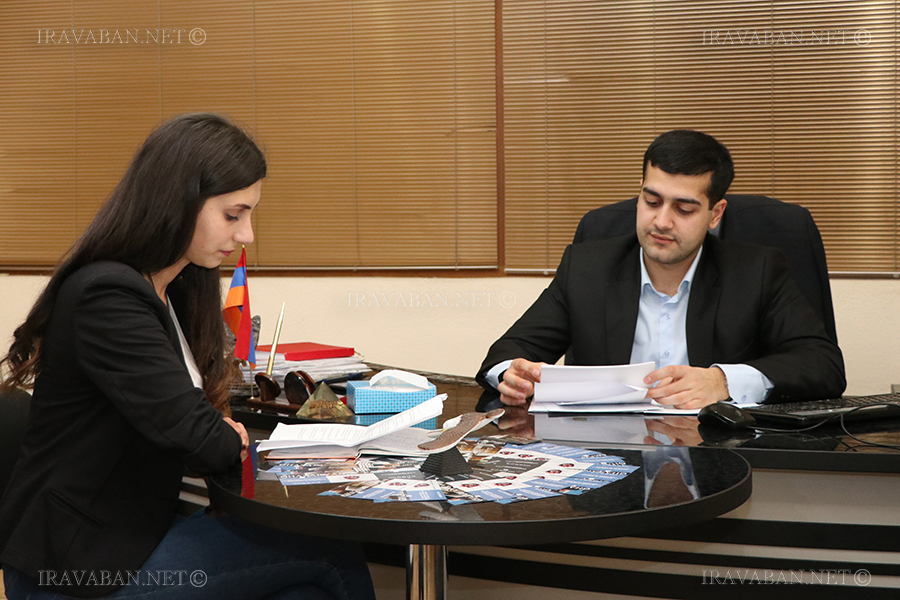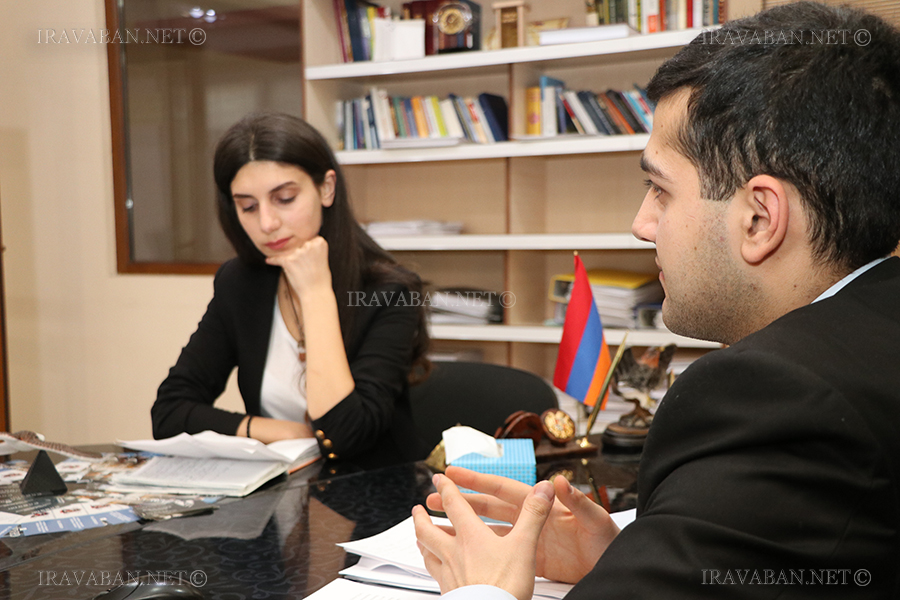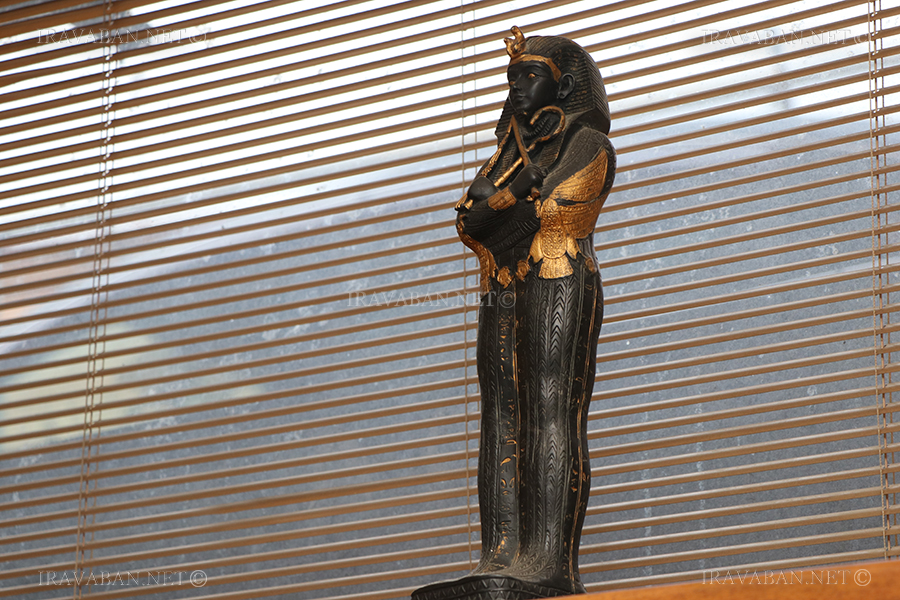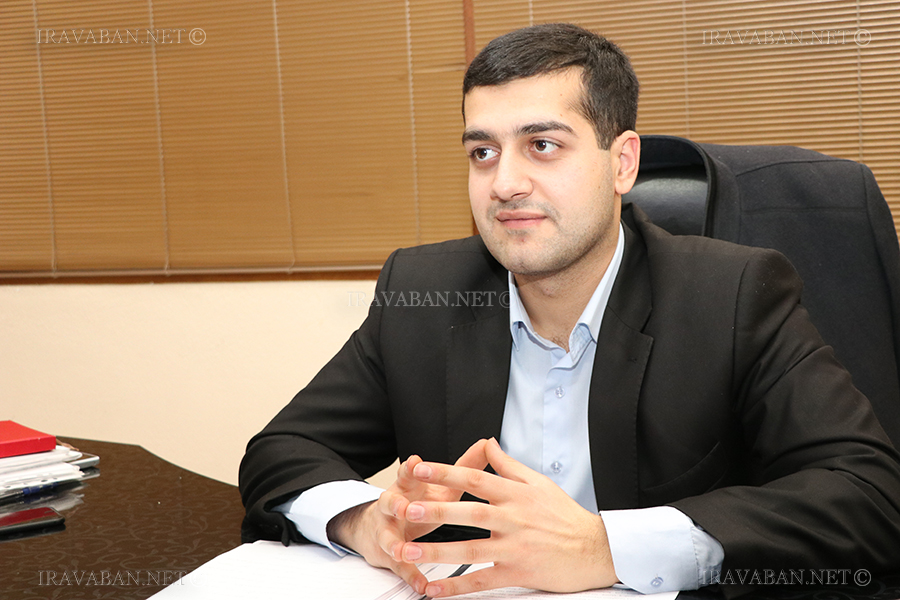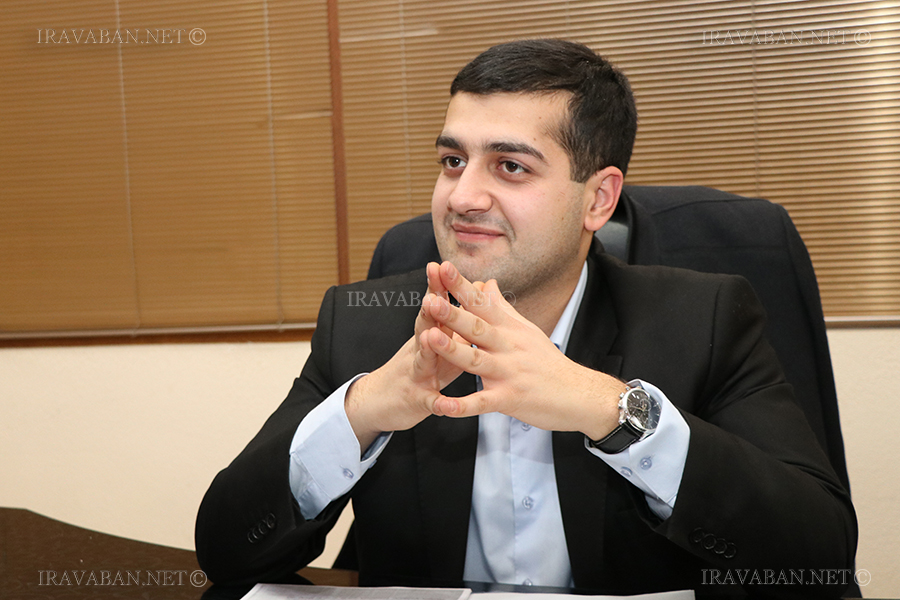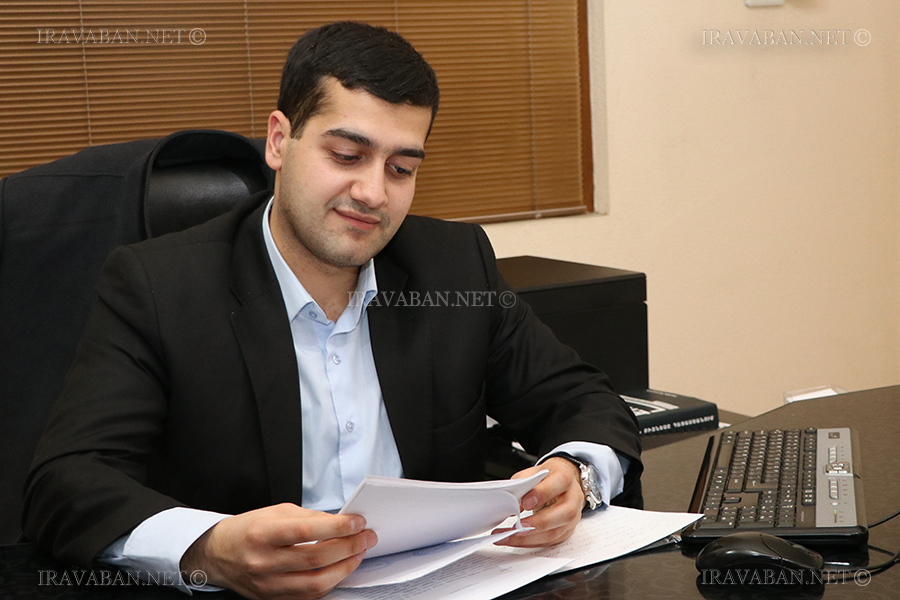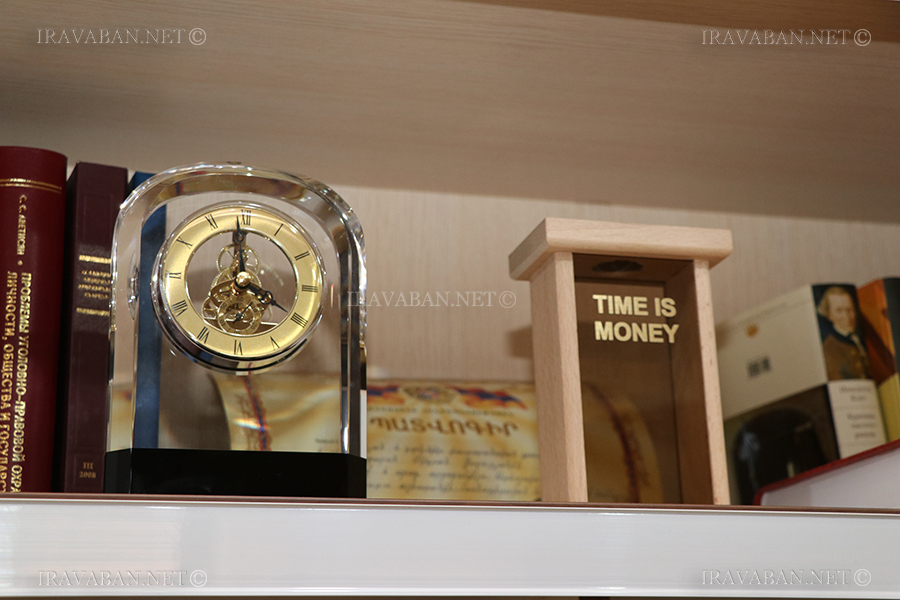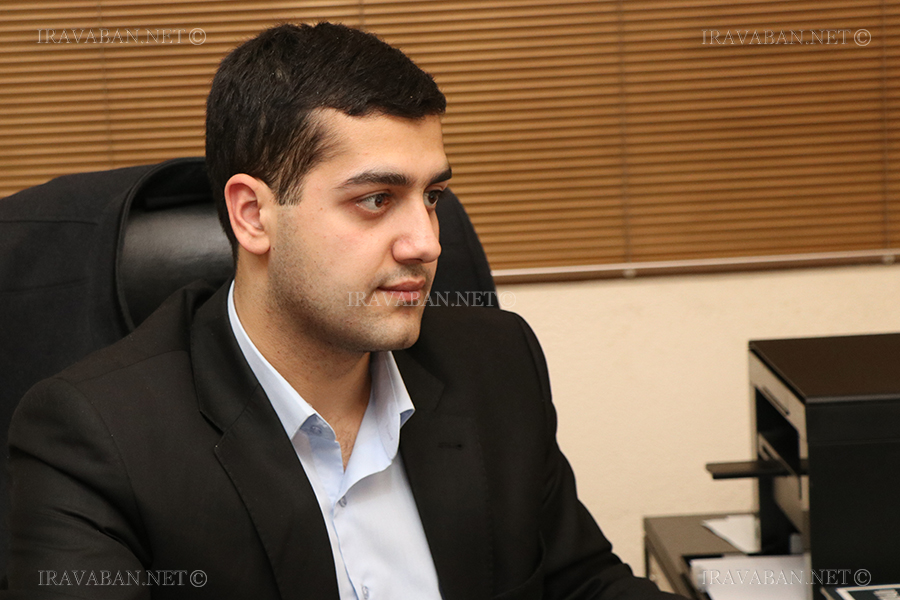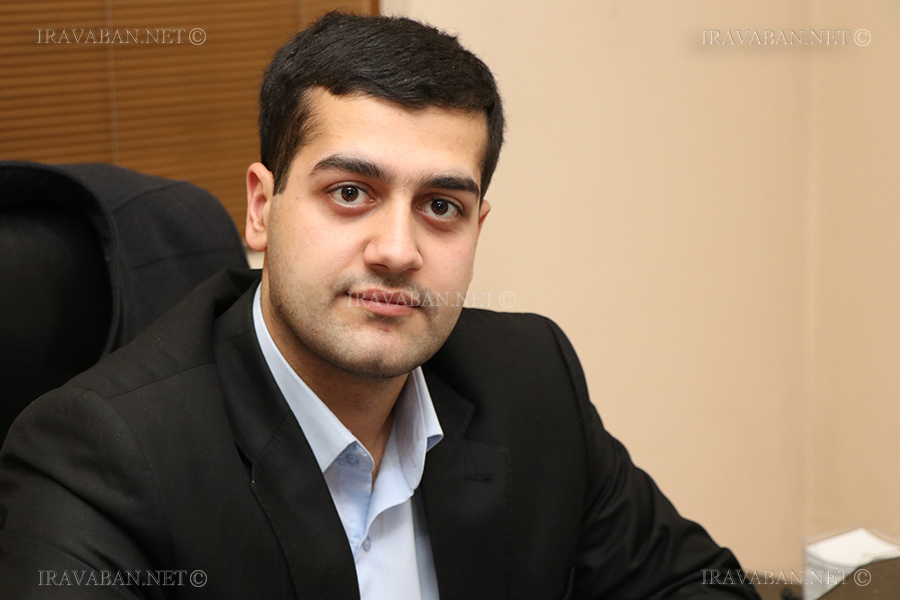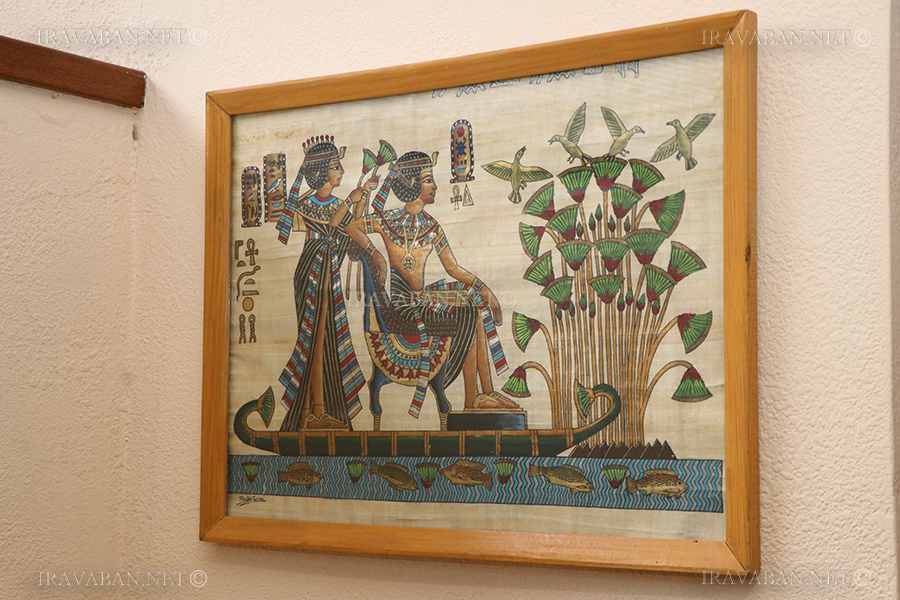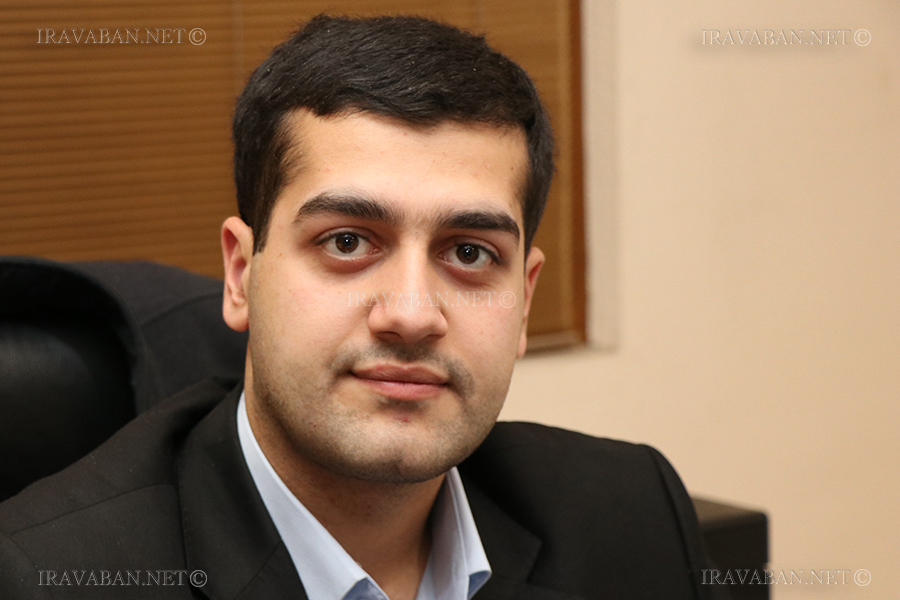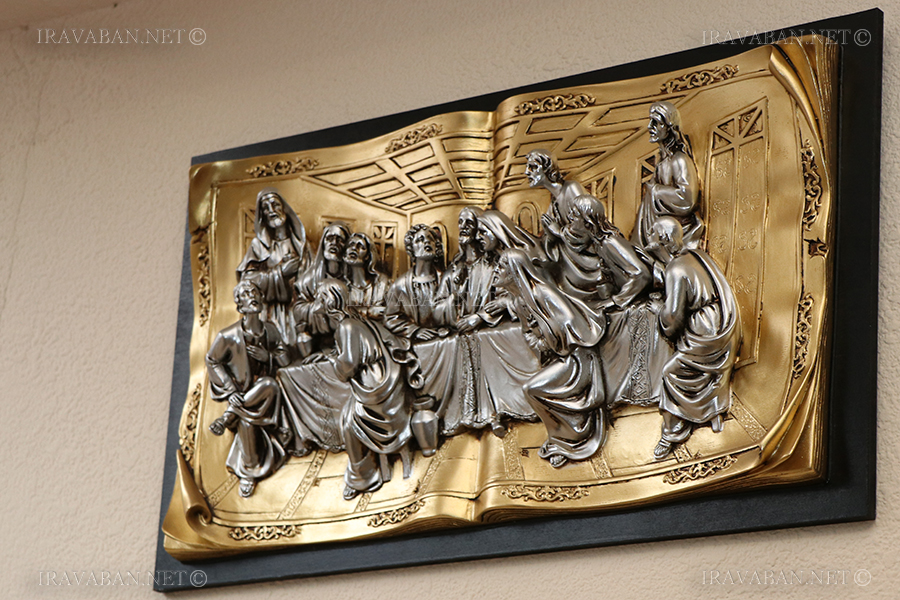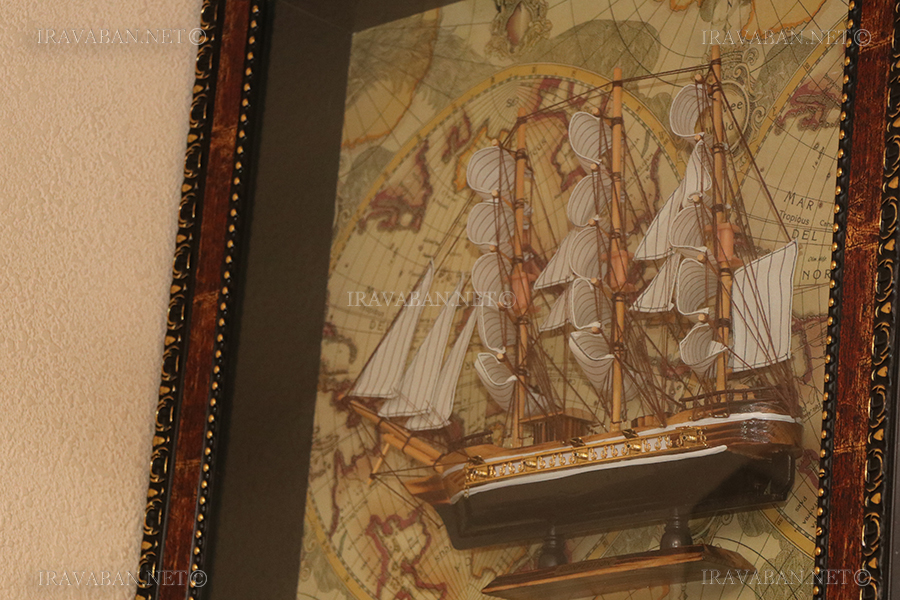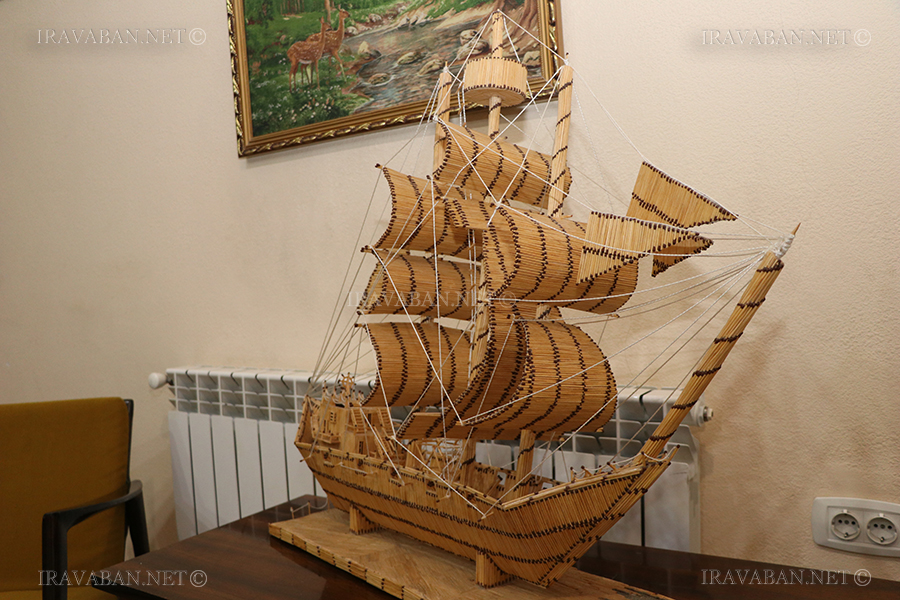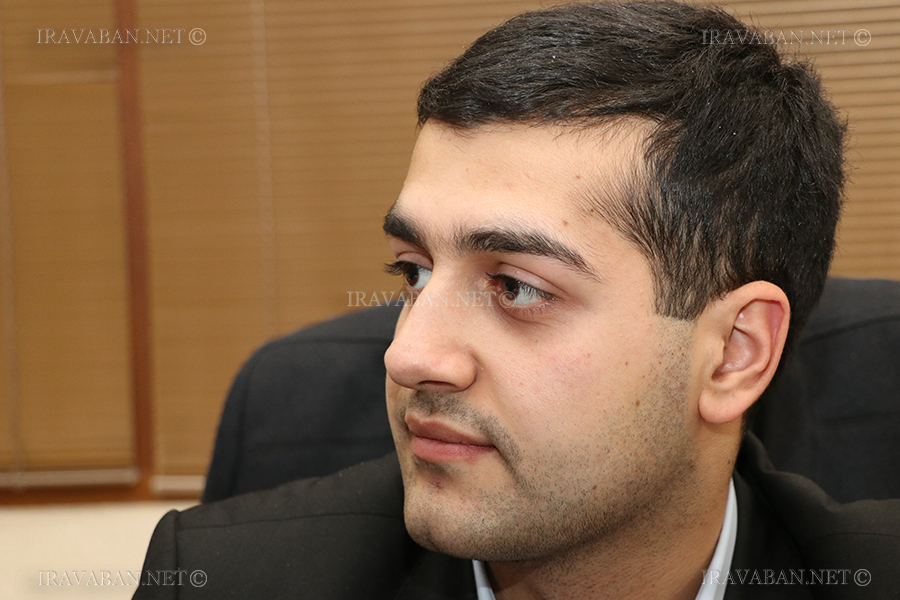Advocacy is a lifestyle for Tigran Ghazaryan, who has specialized in the criminal law. An important condition for success in this area is devotion. We talked to him about professional achievements, successes and problems within the framework of the series Young Lawyers.
– Tigran, why did you decide to enter the Faculty of Law?
– Well, in fact, I should either become a pilot or a lawyer (laughs!). My choice stopped on jurisprudence. I studied at the Faculty of Law at Yerevan State University and I continued my MBA degree. Now I study at the same Department as a PhD student in the Department of Criminal Procedure and Criminalistics.
– Actually you have specialized in criminal law?
– Of course, the civil, administrative, constitutional or other branches of law are very important for the individual. The choice of criminal law was emphasized by the fact that, first of all, the problem here is not a dispute between two citizens but a dispute between a citizen and a state. Certainly, there are a number of commonalities on this issue, as in this case the controversy arises as a result of a dispute between the state body and the citizen, but in the case of a criminal offense, the presence and participation of an advocate is more than necessary because the opposite side is presented by the prosecutor’s office, the investigating authorities and the operative service bodies. It turns out that on the one side we have specialized structures which should obtain both the evidence of innocence and the evidence of guilt, and on the other side we have a citizen who possibly may not be aware of the requirements of the law. The criminal law is full of adrenaline, there is life in it.
– What challenges does the advocate face in his work?
– Any work requires commitment, but the advocate’s work is more than that. Being an advocate is not a job, let’s say, from 9 am to 18 pm, it’s a lifestyle. When you know that you have a client who is in a penitentiary or, for example, in civilian cases, when a serious damage may be cased to a person, if you do not study it in one deatale or do not respond quickly, then everything else is different. You have to try to combine it and it can only be a result of devotion. For example, young lawyers may face a number of problems, depending on their age or experience, and when there is loyalty and persistence, each issue will be solved.
It is important to study the theoretical material possible extent. It’s not enough to study codes and laws merely. It may be that the code has an “x” settlement, and the decision of Cassation Court may have diametrically opposite interpretation. You should do your best, I mean that during the years of study we try to do everything in one or two days, but the profession of a lawyer is such that you have to learn every day. We must move forward slowly but firmly.
– Is there someone who you think is the ideal or a perfect lawyer?
– I can say that in our reality there are some characters of exemplary advocates, both Armenian and internationally recognized professionals, whom I follow as an exemplary lawyer and try to incorporate their work principles into my work as well.
– I think the demand is conditioned by its necessity as it directly relates to the rights of the individual and, of course, by its traditions, taking into account that law is not a young science. It is science with long history. It is also a sophisticated profession. We should not really be deceived by its name but we should really like it.
– Which do you consider is the most important human right?
– The right to vote. I mean not narrow, but in a broader sense. Everything in our lives consists of small choices. If the right to vote is restricted, the rest of the rights will be lost. This, of course, is my opinion, but it must be stated that all rights must be combined.
Interview: Maya Avetisyan
Photos: Hayk Karapetyan

